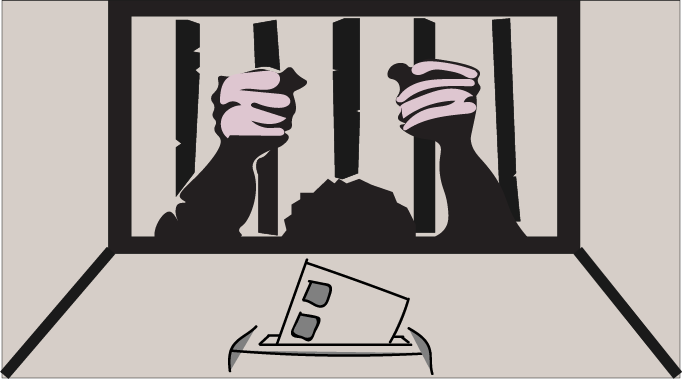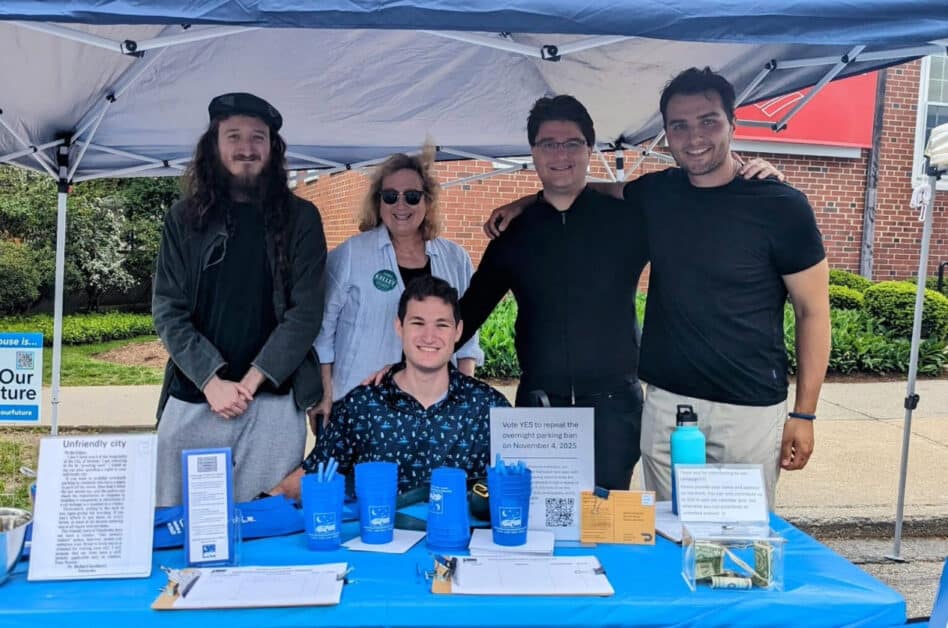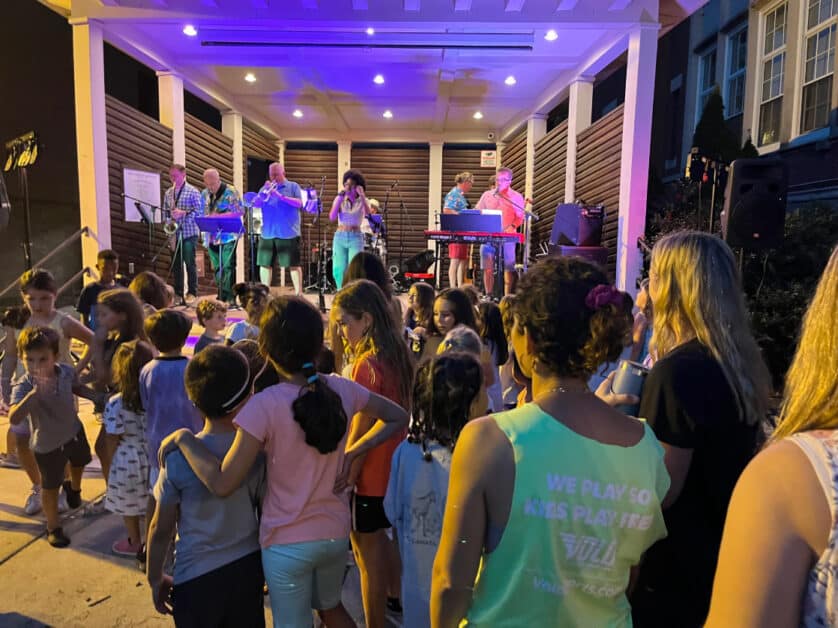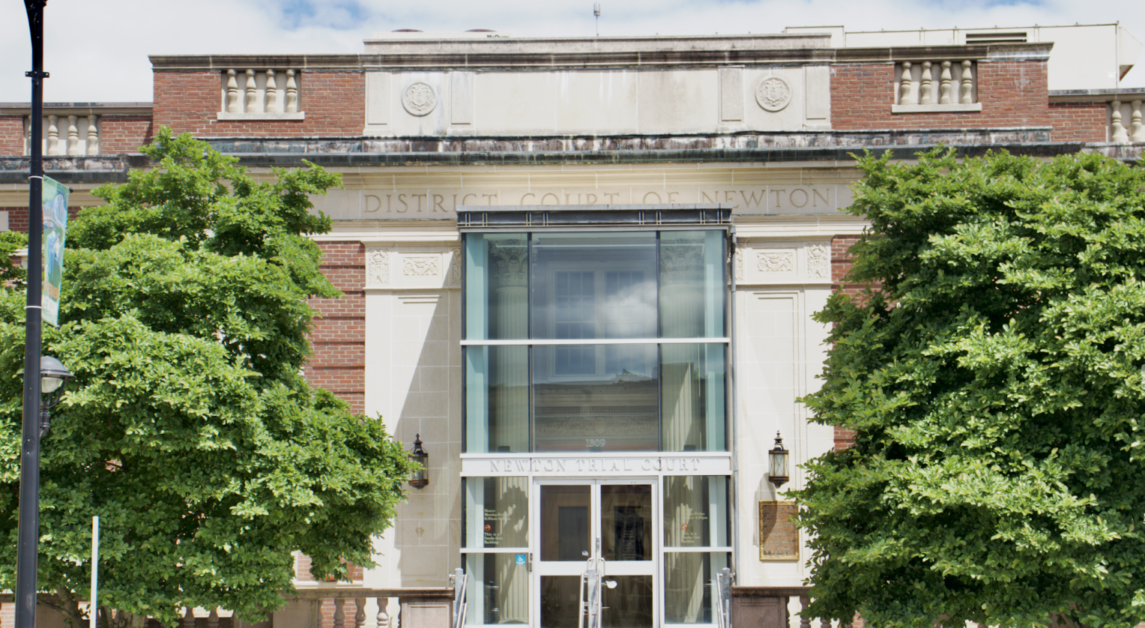Less than 100 years ago, the Valley of Heart’s Delight was home to over eight million fruit trees, 18 fruit factories, and 13 dried-fruit packing houses, according to The Boston Globe. The area was nationally famous for its high supply of orchards, flowering trees, and plants. Until the 1960s, it was the largest fruit production and packaging region in the world.
On the other side of the country in Cambridge, a place once dubbed “Nowhere Square” was a former salt marsh that had become known for its production of fire hoses and bicycle tires.
Today, the scene of the two areas is a little bit different.
The Valley of Heart’s Delight has been renamed Silicon Valley, and now boasts the largest population of technology companies in the world. Nowhere Square is now Kendall Square, one of the most sought-after tech centers in the world—a global mecca for science and technology.
In the early 1960s, President John F. Kennedy headed a movement to bring NASA headquarters to Kendall Square, and used his leverage to obtain 29 acres of land for NASA’s Electronics Research Center. Although Nixon put a stop to the project, the technology boom began and more and more companies moved into Boston for the fist time. Today, over 500 startups call Kendall Square home.
Why should we care about the history of Kendall Square or Silicon Valley?
These locations are two of the largest startup breeding hubs in the world—with companies like Facebook, Dropbox, and ZipCar tracing their roots back to Boston.
The factors that caused Silicon Valley and Kendall Square to expand into two leading tech centers were in large part due to the success of its world-class educationional facilities—Stanford, MIT, and Harvard, in particular—as well as the high population of venture capital firms. Together, Boston’s research universities bring in $1.5 billion in research grants and contracts each year, and a large portion of that funding is given to technology and ideas that create future startups in the city, according to the BBC.
Although the startup circle has traditionally focused around Harvard and MIT, Boston College is now gaining more attention from the tech community.
Early stage ventures with ties to BC are now receiving a new form of funding that has put the University in competition with the top players.
According to BostInno, Launch Angels launched the Maroon & Gold Fund last Tuesday to support startups born at BC. The firm will utilize the University’s network, along with the fund’s Advisory Investment Committee, which is comprised of BC alumni, in order to source deals.
BC alumnus Kevin Cook, BC ’04, is responsible for heading the Advisory Investment Committee. The Fund will offer mentoring, investment support, and funding of one to two million dollars that will be allocated to about 10 to 15 companies with BC roots.
“There has been a really impressive number of startups coming out of BC in the last year alone,” Cook said in a statement according to BostInno. “As BC’s subculture of entrepreneurship continues to thrive, the Maroon & Gold Fund is a logical next step in helping connect these budding entrepreneurs to funding and advisors.”
Earlier this past year, another group of BC alumni founded the Soaring Startup Circle, a summer program designed to accelerate student-led startups. These BC companies, such as Jebbit and Vsnap, received funding and the ability to work in offices of Boston companies with similar paths from universities.
The Maroon & Gold Fund and the Soaring Startup Circle are not sanctioned by BC; however, both organizations recognize the readiness of the University’s alumni to establish a prominent entrepreneurial community in the city.
As the startup market in Boston hits another peak, the emergence of BC in the mix is something that major players like Harvard and MIT cannot ignore.
Featured Image by Daniel Lee / Heights Senior Staff











